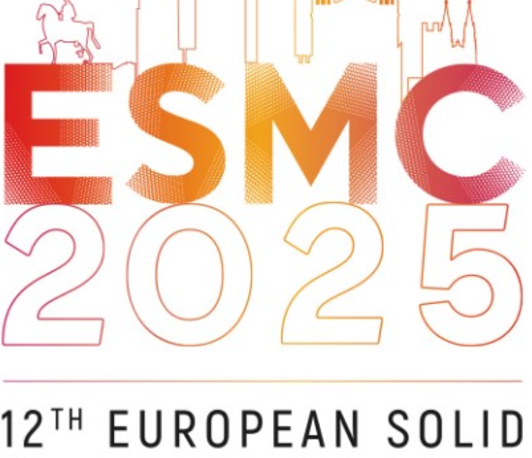Mechanics and physics of fracture - Minisymposium @ ESMC2025
Mechanics and physics of fracture
- Start: Jul 7, 2025
- End: Jul 11, 2025
- Location: Lyon, France

Mini-Symposium 3-4: Mechanics and Physics of Fracture
Organizers: Erik BITZEK, Matteo CICCOTI, Véronique LAZARUS
Over and above the fascination with the shapes it creates, understanding how and when fracture
occurs is of broad importance, for instance in the design of manufacturing processes, in
geophysics for a better understanding of earthquakes, and in mechanical engineering with an
obvious societal impact regarding safety. However, fracture is a complex multi-scale, multi-
physics phenomenon and a fundamental, mechanism-based understanding is needed to
disentangle the underlying, interacting processes.
While significant progress has been reached during the last century on understanding many
relevant physical mechanisms, there is still much to be understood. For example, the study of 3D
aspects, initiation of fracture and early stages of crack propagation, multi-cracking, destabilization
towards complex oscillating crack paths or crack branching, interactions with heterogeneities
have recently garnered growing interest. Furthermore, describing cracks and fracture in
anisotropic materials, fracture at large deformations or in visco-elasto-plastic materials pose
ongoing challenges.
We envision a mini-symposium bringing together a multidisciplinary group of researchers from
the fields of continuum mechanics, materials science, solid-state, condensed matter & statistical
physics to discuss the recent advances in the field of fracture. The symposium aims at enabling
a close dialogue and exchange between the disciplines, in particular by combining physics and
mechanics, jointly discussing experiments and simulations, and/or crossing several scales from
the atomistic over the micro-, meso- and macroscale.
The symposium is open to all kinds of materials (e.g., metals & alloys, ceramics, polymers, soft
materials, concrete & building materials, architectured and additively manufactured materials)
and types of fracture, including, but not limited to brittle, semi-brittle and ductile fracture, dynamic
fracture, adhesion and interfacial fracture, fragmentation and cutting.